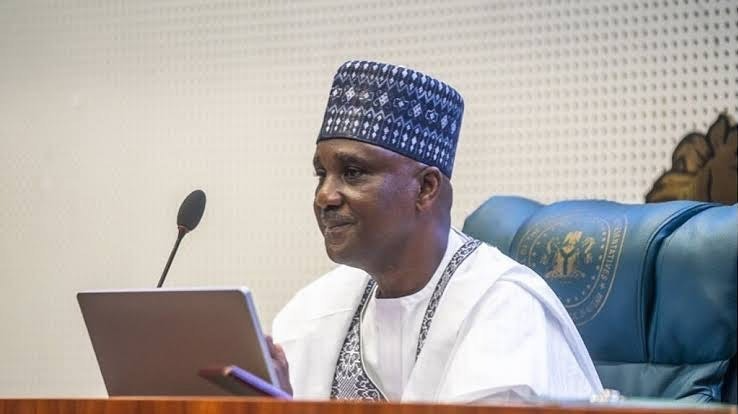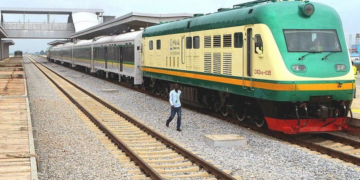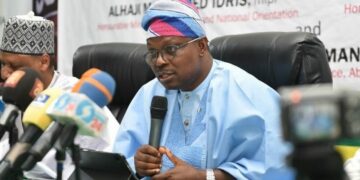Speaker of the House of Representatives, Hon. Abbas Tajudeen, has said the critical area for the Constitution Review Committee’s consideration included implementing comprehensive electoral reforms to address the gaps identified in the aftermath of the 2023 general elections.
Abbas, who stated this at the inauguration of the House Committee on Review of the Constitution in Abuja on Monday, said other critical areas are strengthening the enforceability of legislative instruments and institutional strengthening for greater accountability.
He said these areas are crucial for reinforcing Nigeria’s democracy and ensuring that the governance structure meets the needs and aspirations of all Nigerians, adding that several Bills had already been introduced in both the Senate and the House of Representatives which touch on some of those very important issues.
The speaker urged the committee to align its work with the Legislative Agenda of the 10th House, which encompasses wide-ranging issues pivotal to national growth such as devolution of powers, including state policing; enhancement of fiscal federalism through local government autonomy and further decongesting the Exclusive-Legislative List.
He identified others as recognising and assigning constitutional roles for traditional institutions, and promoting inclusivity, particularly greater gender equity and women representation into appointive and elective positions.
Abbas disclosed that the House is already working on a Constitution Alteration Procedure Bill to provide a framework and a timeline for the passage of Constitution alteration bills by the National Assembly and adoption by State Houses of Assembly.
“The methodology to be adopted by this Constitution Review Committee will emphasise inclusivity, transparency, and collaboration. From the onset, we shall work closely with the Executive arm (both at the Federal and sub-national levels). This partnership stems from recognising their pivotal role in governance, ensuring that our review process is comprehensive and considers the practical aspects of implementation.
“Equally, the process will involve State Houses of Assembly to foster consensus and expedite adoption by States. But more importantly, the process will be deeply rooted in engaging with the Nigerian people at all levels, including traditional and religious institutions, pressure groups and trade unions, ethno-religious organisations, the diaspora community and much more.
“We intend to harness the inputs of all Nigerians at the level of senatorial districts through open forums, public consultations, and digital platforms, ensuring that every voice is heard and considered”.
On his part, the Deputy Speaker of the House and chairman of the Constitution Review Committee, Hon. Benjamin Kalu said the new Nigerian constitution will be ready in 2025.
Kalu said equal opportunities will be accorded to all Nigerians to contribute their quota in the ongoing efforts to shape Nigeria’s future through amendment of the country’s ground norm.





